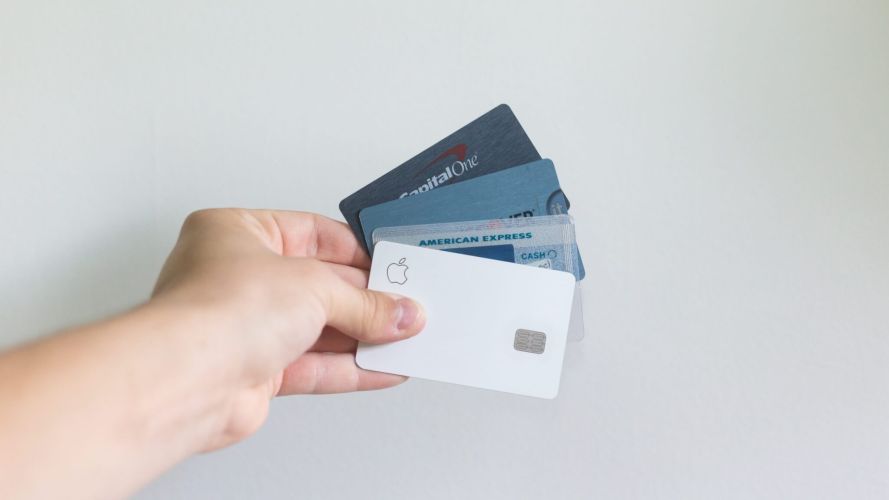If there’s a charge-off on your credit report, you may be wondering, “what is a charge-off?” When an account is listed as a charge-off, it means it’s been seriously delinquent, and the lender believes it’s not likely the loan will be paid back. This doesn’t mean you don’t still owe the money, but it is a serious negative mark on your credit report which can make it harder for you to be approved to borrow money in the future.
When is a Loan Charged Off?
Any type of bill can become past due, including credit cards, personal loans, car loans, mortgages, and medical bills. If you’re a month or two behind, your creditor will try to contact you to get a payment from you. Once you’ve hit 30 days late, your past-due account shows as a negative item on your credit report.
If several months go by and your creditor can’t reach you or you’re unable to make a payment, they may decide to charge off the debt. Typically this happens when a bill is more than 180 days late. The outstanding balance still shows on your credit report with a note that it’s been charged off.
Some lenders sell the unpaid debt to a collection agency. If this happens, the balance owed shows on your credit report as an account in collections, which is also a derogatory mark.
After a Loan Has Been Charged Off
A loan that has been charged off stays on your credit report for seven years from the date of the first payment that was delinquent. The fact that it’s been charged off and the lender doesn’t expect to be paid doesn’t mean you’re off the hook. You’re still responsible for the amount you owe.
You may wonder whether you should try to pay back a loan that’s been charged off since serious damage has already been done to your credit. If you pay off a charged-off account, it changes the way it’s listed on your credit report. Instead of being listed as a charge-off, it’s listed as a “paid charge-off.” Some lenders will feel this is a good sign and may consider a paid charge-off less derogatory than one that hasn’t been paid.
Can a Charge-off Be Removed from Your Credit Report?
If the information being reported to the credit bureau is accurate, you won’t be able to have it removed from your credit report until seven years have passed. It’s important to review what’s on your credit report to make sure it’s accurate. For example, the same account shouldn’t be listed multiple times by multiple collection agencies. If you make some payments toward the debt, keep track of what you’ve paid and what’s left so you’ll know whether your credit report is showing the right balance. Find out more about how to remove a charge-off from your credit report.
If you find errors on your credit reports such as wrong balances or a charged-off account reported longer than seven years, dispute them right away. Dovly can help make this process as easy as it can be. We’re an AI credit engine, and we can help you correct errors and work on rebuilding your credit. Try it risk-free with our free membership tier.



